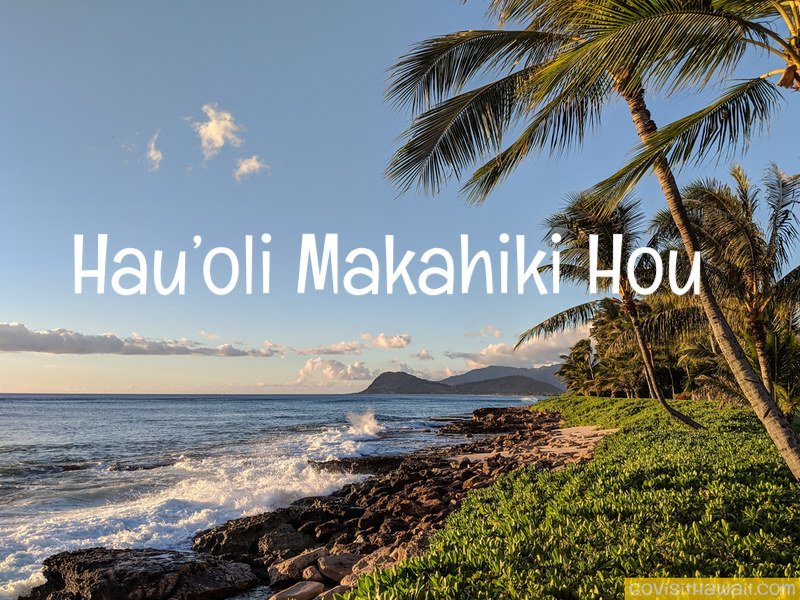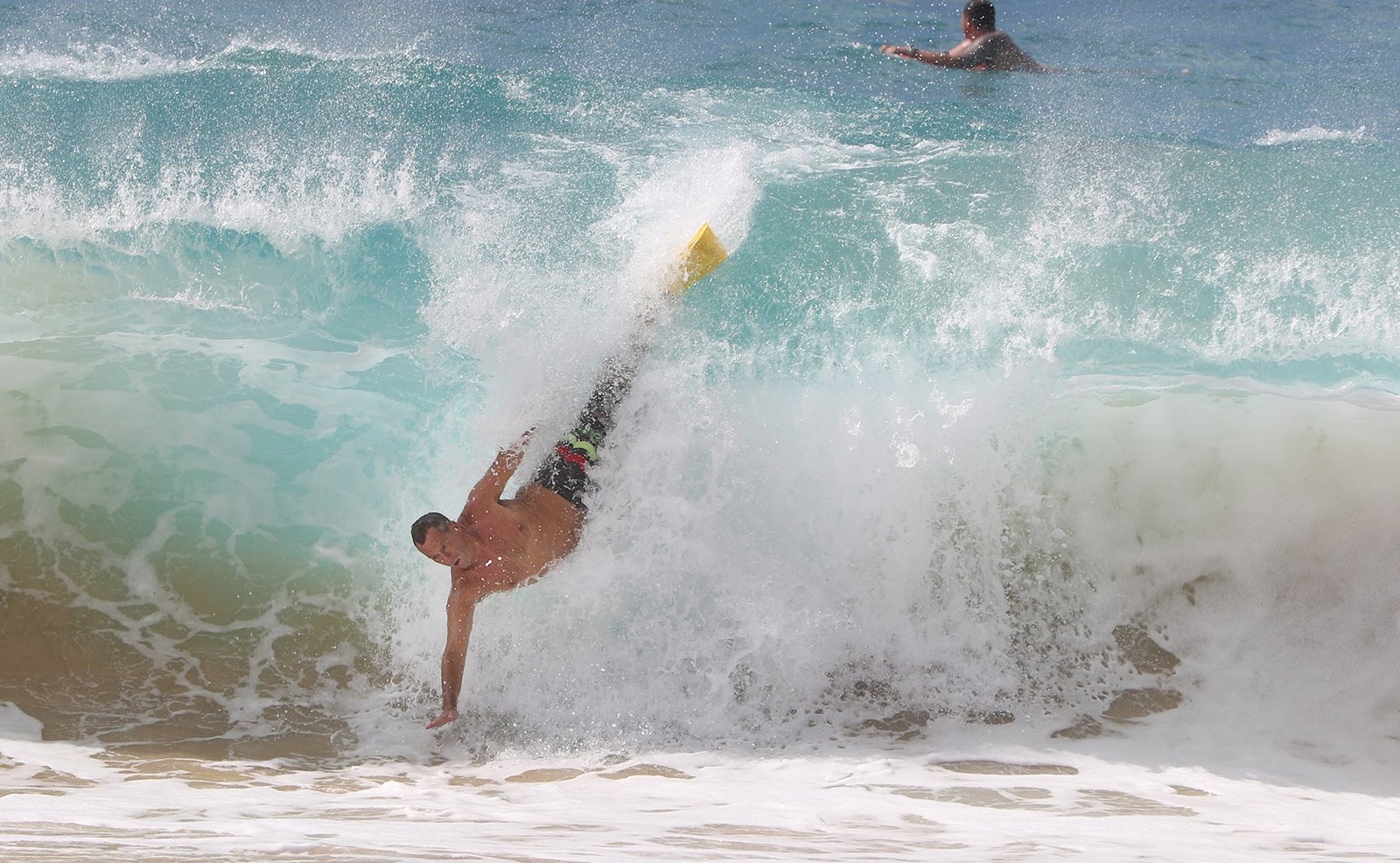My ohana tries our best to make time to be reflective at the end of the year. At our best version of this effort, my wife will find a nice place for us to retreat to for the holidays and I’ll print out a stack of essays recommended by a former New York Times colleague.
The Monday-to-Monday stretch this year seems to give a little extra breathing room and perhaps a little extra space to think and discuss.
The columnists for Civil Beat are fortunate to write under the banner of “Ideas.” I’m happy for “Ideas” instead of “Opinions” because I think it asks for more thoughtfulness from those who write under the banner.
I want to first revisit three ideas I wrote about earlier this year, then recommend two worthy reads. Maybe you can make time to explore some of these as 2023 comes to a close.
The first idea that I really worked through was the notion of changing the labeling and phrasing around the usage of the phrase “The best and the brightest” in Hawaii. The most common usage of the phrase goes something like “the best and the brightest are leaving Hawaii.”
Our use of the phrase is misplaced and places incorrect expectations on our students, both those who stay and those who go. I also pointed out that the alliterative label was made popular because it was an ironic title for David Halberstam’s book, “The Best and the Brightest” about the supposed geniuses in Kennedy’s Cabinet who were directing the Vietnam War.


The second idea I’d like to revisit is the need for a nonprofit private research university in Hawaii. Is it time for Kamehameha U.? Should the educational legacy of Bernice Pauahi Bishop be updated to reflect the educational baseline of the 21st century?
The University of Hawaii system is too exposed to the capriciousness of our elected state officials (and in disclosure, I’m preparing to teach a class at the Manoa campus next semester) and we need a more robust educational environment.
The creation of a private research university could catapult Hawaii much the way Stanford helped propel the Silicon Valley. And it could also keep more of the “best and brightest” in Hawaii.
The third idea was the need to prepare the people of Hawaii for the negotiations ahead for the extension of military leases requiring the approval of the state. Hawaii needs a better reciprocal relationship with our military guests. They have been found wanting in their stewardship of our lands and waters, and since the leases for several prominent places are expiring, now is the time to reimagine what the relationship will be going forward.
Three ideas that I’m looking forward to writing about in 2024 are the fundamental issue of trust and faith in society, the ongoing shifts in contemporary storytelling (and how the television series “Reservation Dogs” recast what it means to tell stories about Indigenous communities) and, of course, how the devastation and recovery on Maui will impact all of our futures here in Hawaii.
It was another terrible year for trust in Hawaii. And that is on top of the terrible corruption that our current system tolerated and accommodated for decades. Corruption and malfeasance directly, and indirectly, led to people dying.
The man-made disaster in Lahaina (and the official shift of more Native Hawaiians living outside of Hawaii than in Hawaii) has opened up venues of honesty that haven’t existed here for a long time.
I hope we can find spaces and places that aren’t exclusively social media to grapple with these issues in 2024.
My ohana are notoriously big readers and books were the most wrapped things under our tree this year.


At the start of the summer, I recommended five books in lieu of the conventional staples like James Michener’s “Hawaii.” A few months later, a book that certainly would have made my list, “Every Drop Is a Man’s Nightmare,” was published by Megan Kamalei Kakimoto.
While Kakimoto’s storytelling is powerfully and distinctly Native Hawaiian in its point of view, the remarkable thing for those of us writing in Hawaii was how she held onto the artistic and cultural imperative not to have to translate olelo Hawaii into English. The absence of parentheticals was a breath of fresh air (he makani malie) and another notable marker on the rebirth of the Hawaiian language.
A second book that I’ve been recommending is “Demon Copperhead” by Barbara Kingsolver. Her retelling of “David Copperfield” is set far from Hawaii in the western corner of Virginia at the start of the opioid epidemic. Kingsolver does a marvelous job of rooting the plight of the Appalachian population to a single industry. Mining companies kept the education system impoverished and undermined attempts to introduce other economic opportunities, therefore maintaining their supply of cheap labor.
As I read parts of her novel, which won the 2023 Pulitzer Prize for fiction, I couldn’t help but see parallels to the situation of Hawaii where our leading industries haven’t gone above and beyond to encourage an educational system interested in elevating the local and native population.
When I read my fellow Civil Beat columnist Jonathan Okamura this weekend, the parallel was confirmed: “Tourism is also a major source of ethnic inequality through the low-wage jobs it creates that limit socioeconomic mobility among Hawaii’s Indigenous and ethnic minorities,” he wrote. “Together with systemic racism, tourism maintains ethnic inequality by limiting opportunities for socioeconomic mobility among the less equal groups — Filipinos, Native Hawaiians, Samoans and other ethnic minorities.”
I’ve truly enjoyed interacting with Civil Beat’s audience and discussing these crucial issues and the ideas that could underpin answers. I look forward to deepening that interaction in the coming year.
I hope our 2024 is better, full of solutions and answers (or at least helpful ideas) for the problems that we continue to struggle with here in Hawaii.







Leave A Comment